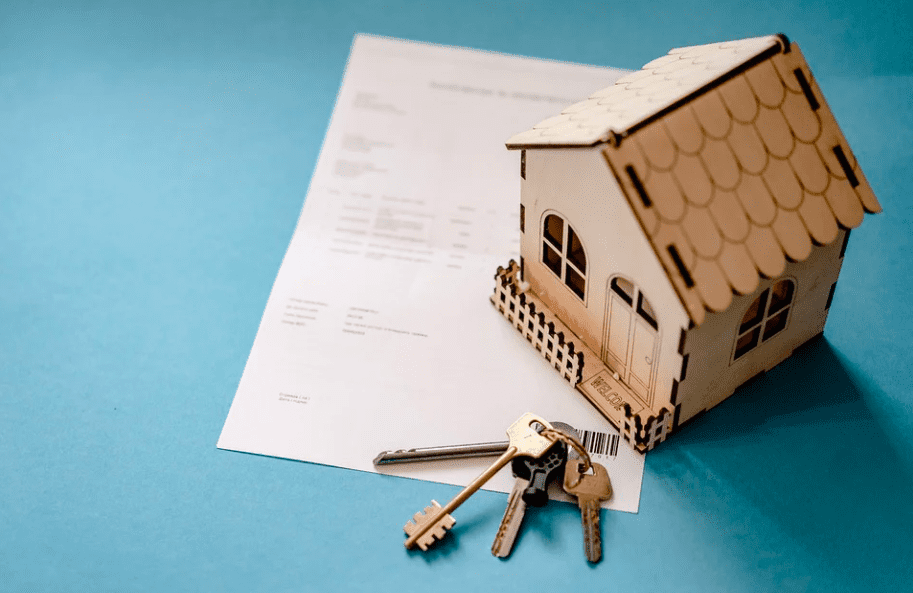Rates range from 2.40% to 2.99% and will be available for up to 90% loan to value mortgages.
Non-bank lender Finance Ireland is launching a range of long-term fixed rate mortgages for home owners in Ireland, with options up to 20 years available.
The company, which entered the residential mortgage market in 2018, will also offer 10 and 15-year fixed rate mortgages, with rates ranging from 2.40 per cent to 2.99 per cent, depending on the loan to value and the period.
The maximum term of 20 years is twice as long as currently available to Irish mortgage customers. Even then, the 10 year fixed rates are typically offered on loans with a loan to value of typically around 60 per cent, although some will offer on as much as 80 per cent loan to value.
Finance Ireland’s new products are targeting owner-occupiers, rather than buy to let investors, and could appeal to customers finishing fixed rates with existing lenders, including Ulster Bank and KBC Ireland who are set to leave the Irish market. The company distributes its mortgages through brokers. The State’s Ireland Strategic Investment Fund (ISIF) and US investment giant Pimco each hold 31 per cent stakes in the Billy Kane founded company.
The rates will be available for up to 90 per cent loan to value mortgages, and customers will be able to move their mortgages to new properties during the term without incurring penalties, Finance Ireland said.
The fixed rate can also be decreased as the loan is paid down versus the property value, and customers will be able to overpay up to 10 per cent of the outstanding mortgage balance as a lump sum in each year of the fixed term, should their financial circumstances allow.
Managing director Donal Doran said those details were essential to the product. “It’s very clear that you cannot put out a 20 year fixed rate without the flexibilities,” he said. “We’ve developed this based on feedback and what brokers believe their customers have been asking them.”
The loans will also allow for changes in personal circumstances, with the penalty for repaying the loan early capped at 5 per cent of the loan balance in the first five years of the loan term for 15 and 20 year loans, and 2.5 per cent for the following five years. In the final five years of the 20 year loans, no early redemption charge will apply.
‘Booster shot’
The move was welcomed by Brokers Ireland, who said it gives a “booster shot” to competition and brings security to Irish mortgage holders.
“We have always maintained that mortgages are long-term products for which lenders can readily source long-term funding. That makes them very secure – for consumers and for lenders,” said Rachel McGovern, director of financial services at Brokers Ireland. “That they are only now entering the Irish market indicates just how staid, unimaginative and above all non-consumer-friendly the Irish mortgage market has been. In fact 10 year mortgages have only been introduced in recent years.”
However, she noted the rates were still higher than in other European countries, where long-term fixed rates have been the norm for years.
The announcement was a “good news day for new and existing mortgage holders”, said chairperson of the Association of Irish Mortgage Advisors Trevor Grant.
The country had become “accustomed to accepting uncertainty around the cost of financing our home purchases”. “If a developer told us the price of a house could be €300,000 or maybe €350,000 or possibly even €400,000 and that they could only confirm the price after we bought the house, we’d run a mile, yet we seem to accept uncertainty when it comes to the cost of mortgages.”
Managing director of mortgage advice company doddl.ie, Martina Hennessy, said the news was “a boost to the broker market”. “Crucially, if you stay with Finance Ireland and you move house, you can transfer the rate on your current mortgage to your new home without incurring a penalty.”
The move is likely to put pressure on other lenders to see them follow suit, said
Joey Sheahan, head of credit at MyMortgages.ie.
“This news from Finance Ireland is really likely to shake things up – both in terms of how mortgage holders approach their choice of term and rates, and in the fact that if the demand for these products are strong, other lenders will make moves to bring similar offerings on stream.”
‘Significant innovation’
Mr Kane, chief executive of Finance Ireland, said, “I’ve been involved with the Irish mortgage market for over 30 years and I believe that this is one of the most significant innovations made here in that time,” said.
Finance Ireland entered the home loans market in late 2018 after it bought Pepper Money’s €200 million home loans portfolio and mortgages platform, with UK asset manager M&G Investments providing the funding.
It was forced to abandon plans for a €100 million-plus initial public offering in May 2020 as the rapid spread of Covid-19 globally threw equity markets into turmoil. Mr Kane, a former chief executive of Irish Permanent said last month it would look at floating on the stock market in the second half of next year at the earliest.
Source: https://www.irishtimes.com/business/financial-services/finance-ireland-first-to-offer-20-year-fixed-rate-mortgages-1.4563959






